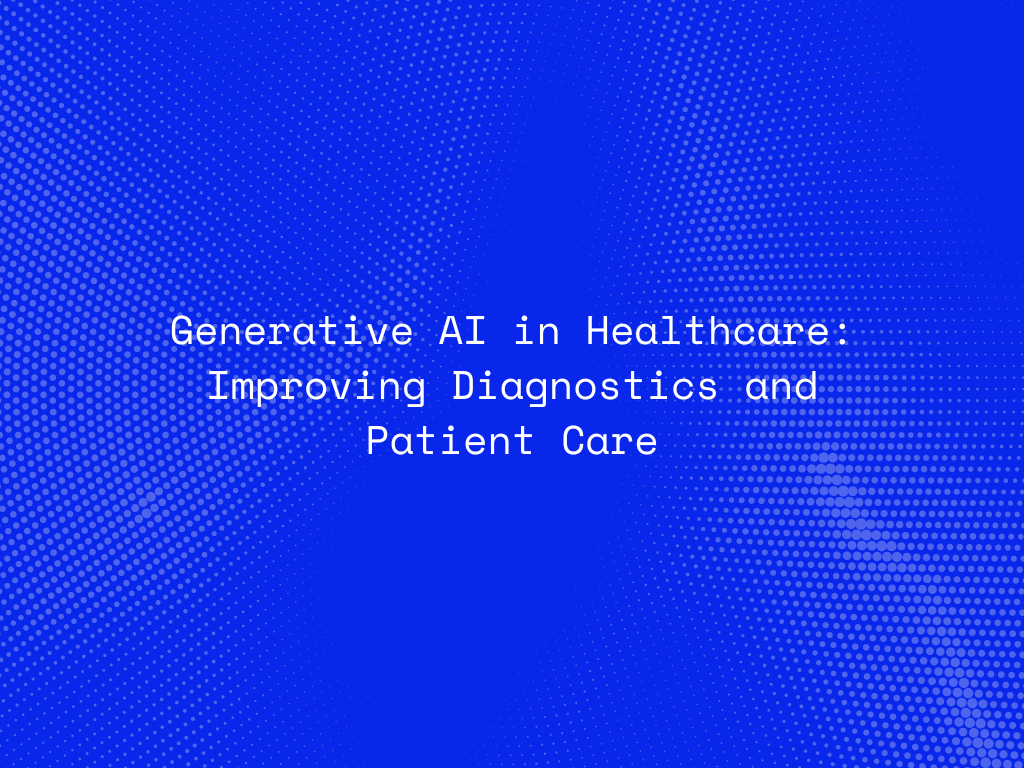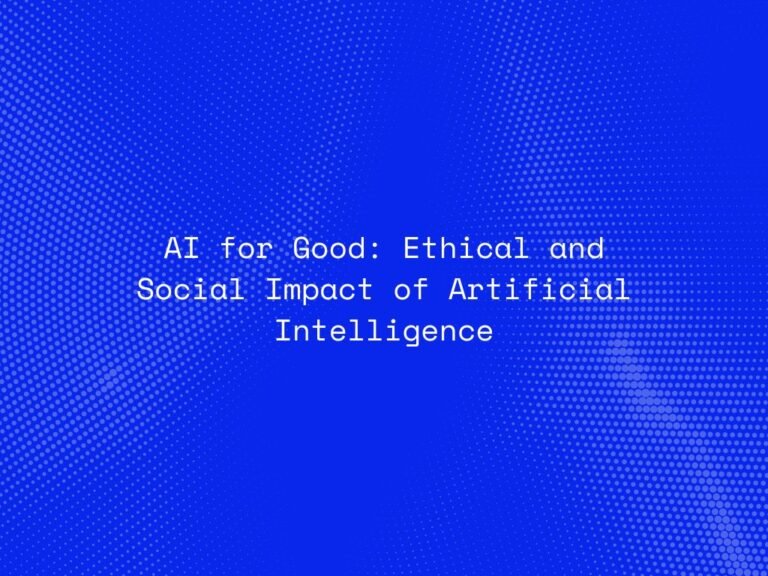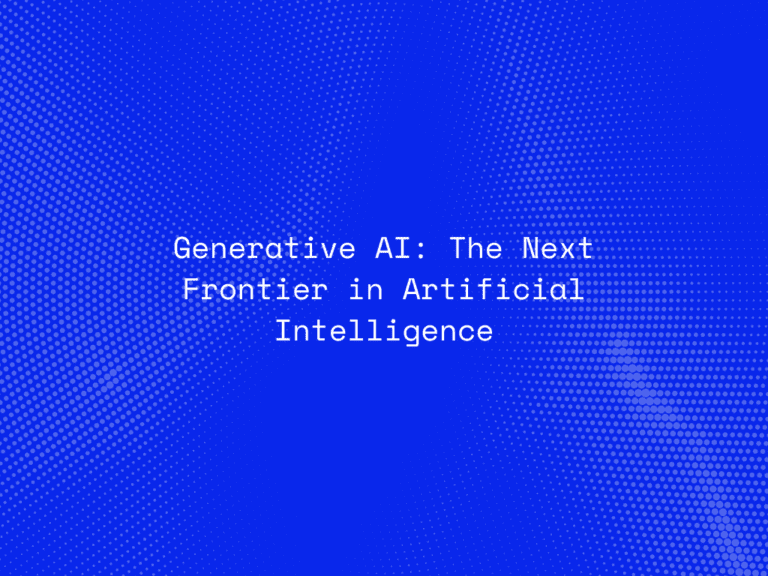Generative AI is emerging as a transformative tool in healthcare, revolutionizing diagnostics and patient care. By producing new data, simulating potential outcomes, and enhancing clinical workflows, generative AI is enabling more accurate diagnoses, personalized treatment plans, and predictive health insights. In this blog, we’ll explore how generative AI is improving healthcare, with a focus on diagnostics and patient care.
1. Improving Diagnostics with Generative AI
a) Enhancing Medical Imaging
Generative AI, particularly models like Generative Adversarial Networks (GANs), is transforming medical imaging by improving the quality and speed of diagnostics. These models can generate high-resolution images from lower-quality scans, fill in missing data, and even simulate various imaging modalities to aid healthcare providers in making more accurate diagnoses.
-
Image Reconstruction: Generative AI can enhance MRI or CT scans by refining images, reducing noise, and reconstructing high-quality versions from incomplete data. This reduces the need for retaking scans, saving time and minimizing patient exposure to radiation.
-
Detecting Rare Diseases: Generative models can simulate rare disease patterns, providing training data for algorithms that might otherwise struggle with limited real-world examples. This improves diagnostic capabilities for less common conditions.
b) Augmented Pathology
Generative AI models can assist pathologists by generating potential outcomes based on histopathological images, helping identify disease markers faster and more accurately.
- Tissue Sample Analysis: AI can generate models that predict the progression of diseases based on tissue samples, assisting pathologists in identifying cancers or other abnormalities at an earlier stage.
Connect With Us
2. Personalized Patient Care with Generative AI
a) Creating Customized Treatment Plans
Generative AI is playing a pivotal role in personalized medicine by analyzing a patient’s genetic makeup, medical history, and other data points to recommend personalized treatment options.
-
Drug Discovery and Development: AI models can simulate how a patient’s body might react to different medications or treatments. This helps in the development of customized drugs, reducing adverse reactions and improving treatment efficacy.
-
Predictive Treatment Models: By generating potential health scenarios based on a patient’s medical history, generative AI can help clinicians design proactive treatment plans. These models predict how diseases may progress in an individual, enabling preventive care.
b) Virtual Health Assistants
Generative AI powers virtual health assistants, capable of simulating conversations and answering patient questions based on real-time data. This allows patients to receive tailored care recommendations without needing to visit a healthcare provider.
- Symptom Checkers and Triage: AI-driven virtual assistants can evaluate patient symptoms, generate possible diagnoses, and provide appropriate next steps, helping alleviate the burden on healthcare providers and improving patient engagement.
3. Accelerating Drug Discovery and Precision Medicine
Generative AI is revolutionizing drug discovery by simulating molecular structures and predicting drug interactions. This accelerates the identification of potential drug candidates and helps pharmaceutical companies bring new treatments to market more quickly.
-
Molecular Modeling: Generative models can simulate millions of drug interactions, creating new compounds that can be tested for efficacy. This significantly reduces the time and cost of drug development.
-
Tailored Therapies: AI can analyze patient data and generate models for tailored therapies based on individual biomarkers. This precision approach improves treatment outcomes and reduces side effects.
Connect With Us
4. Predictive Analytics and Preventive Care
Generative AI also plays a critical role in predictive analytics, allowing healthcare providers to anticipate health issues before they manifest. By analyzing patient data, including genomics and lifestyle factors, generative models can simulate future health scenarios.
-
Chronic Disease Management: AI can predict the progression of chronic diseases like diabetes or heart disease, enabling healthcare providers to intervene early and adjust treatment plans accordingly.
-
Early Disease Detection: By generating predictive models based on patient data, AI helps in detecting early warning signs of diseases such as cancer, improving patient outcomes through early intervention.
5. Challenges and Ethical Considerations
While generative AI presents numerous benefits in healthcare, it also raises several challenges:
-
Data Privacy and Security: Generative AI requires access to vast amounts of sensitive patient data. Ensuring this data is handled securely and in compliance with privacy regulations (e.g., HIPAA, GDPR) is crucial.
-
Bias in AI Models: AI models trained on biased datasets may produce skewed results, potentially leading to unequal healthcare outcomes. This is particularly concerning in underrepresented populations.
-
Interpretability and Trust: Healthcare providers must be able to understand and trust AI-generated recommendations. Ensuring that AI models are interpretable and transparent is key to wider adoption.
Conclusion
Generative AI is transforming healthcare by improving diagnostics, enabling personalized patient care, accelerating drug discovery, and enhancing predictive analytics. As these technologies continue to evolve, their potential to revolutionize patient care and medical outcomes will only grow. However, the healthcare industry must carefully navigate ethical challenges and ensure AI is used responsibly to unlock its full potential.




